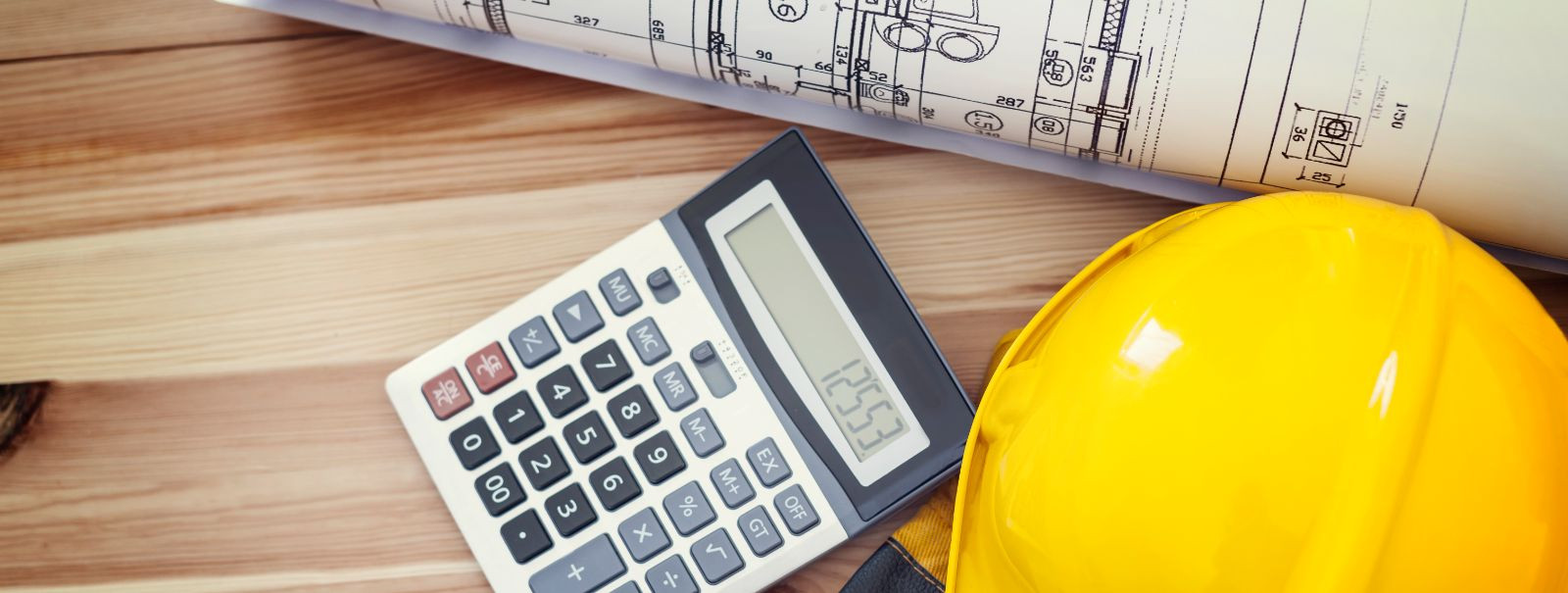How to optimize construction costs without compromising quality
In the competitive world of construction, managing costs effectively while maintaining high-quality standards is crucial. For property developers, construction companies, and individual clients, understanding how to optimize construction costs without compromising quality can lead to successful project outcomes and increased profitability.
Understanding the Key Components of Construction Costs
To optimize construction costs, it is essential to first understand the primary components that contribute to the overall budget.
Materials often represent a significant portion of construction expenses. The choice of materials can greatly influence both the cost and quality of the project. Opting for durable and cost-effective materials can help in reducing expenses without sacrificing quality.
Labor is another major cost factor in construction projects. Efficient labor management, including proper scheduling and skilled workforce utilization, can lead to significant cost savings.
Overhead costs include expenses related to project management, equipment, and administrative tasks. Streamlining these processes can help in reducing unnecessary expenditures.
Strategies for Cost Optimization
Implementing effective strategies can help in optimizing construction costs while ensuring quality is not compromised.
Thorough project planning is the foundation of cost optimization. Detailed planning helps in identifying potential cost-saving opportunities and avoiding unexpected expenses. Utilizing project management software can enhance planning efficiency.
Choosing the right materials involves balancing cost, durability, and aesthetic appeal. Engaging with suppliers to negotiate better prices and exploring alternative materials can lead to cost reductions.
Effective labor management involves hiring skilled workers, providing adequate training, and ensuring optimal workforce allocation. This not only reduces labor costs but also enhances productivity and quality.
Incorporating technology such as Building Information Modeling (BIM) and construction management software can streamline processes, improve accuracy, and reduce costs associated with errors and rework.
Importance of Quality Assurance
While optimizing costs, maintaining quality assurance is paramount. Implementing rigorous quality control measures ensures that the project meets the required standards and reduces the likelihood of costly repairs or modifications in the future.
Balancing Cost and Quality
Achieving the right balance between cost and quality requires a strategic approach. It involves making informed decisions, prioritizing long-term value over short-term savings, and continuously monitoring project progress to ensure alignment with quality objectives.






Comments (0)